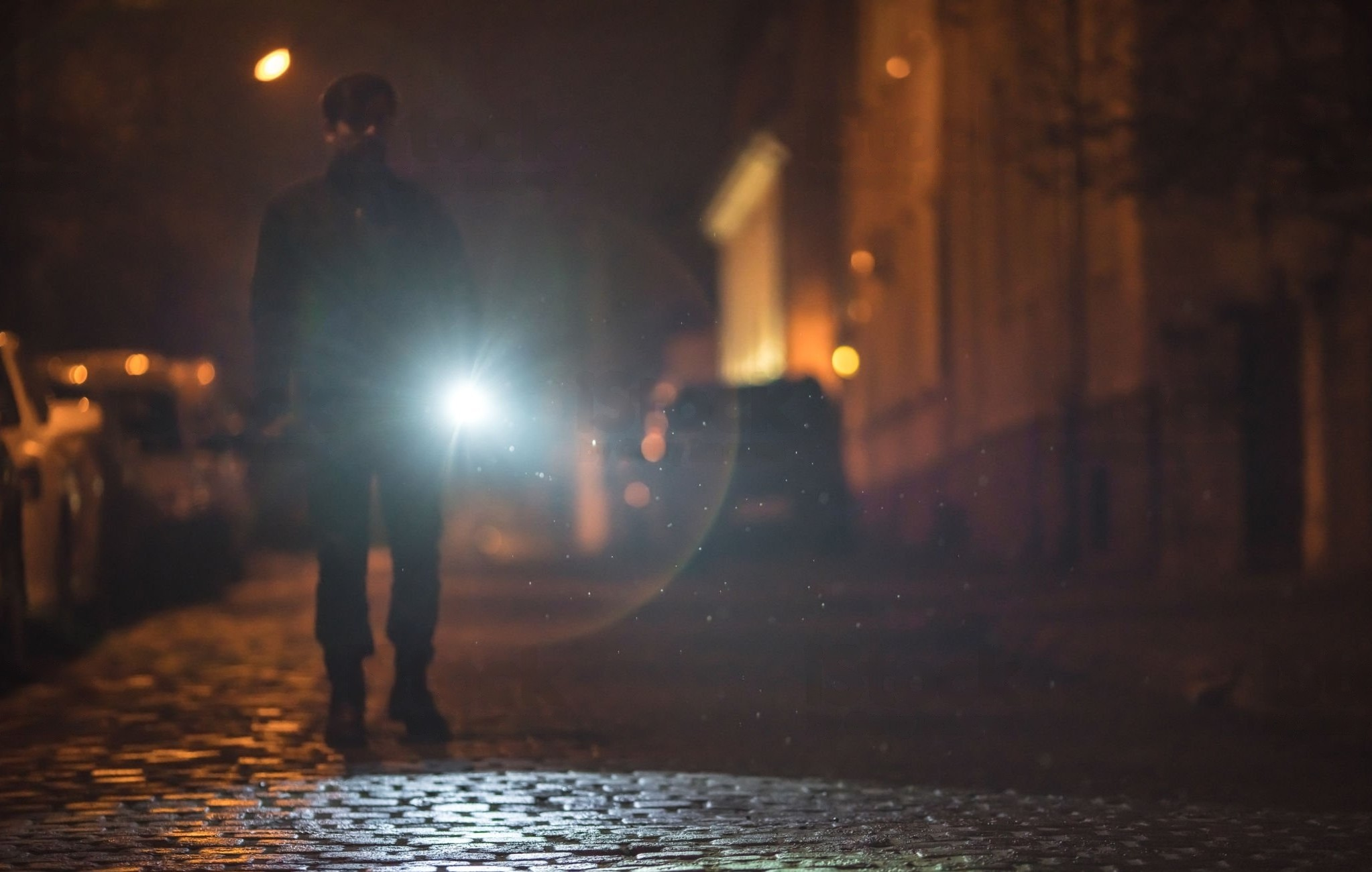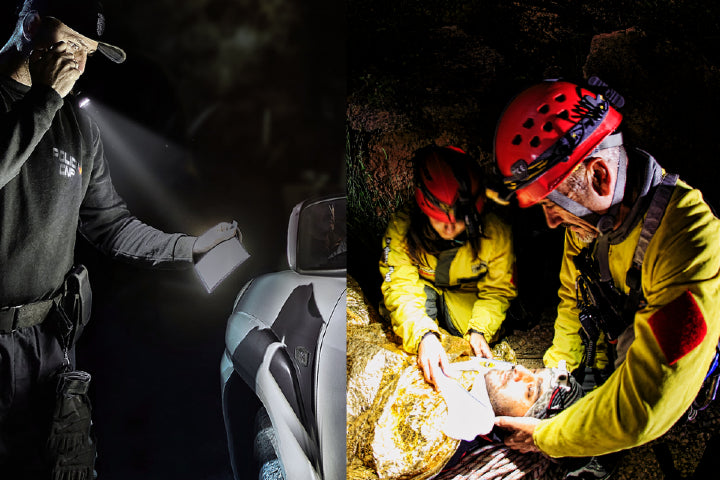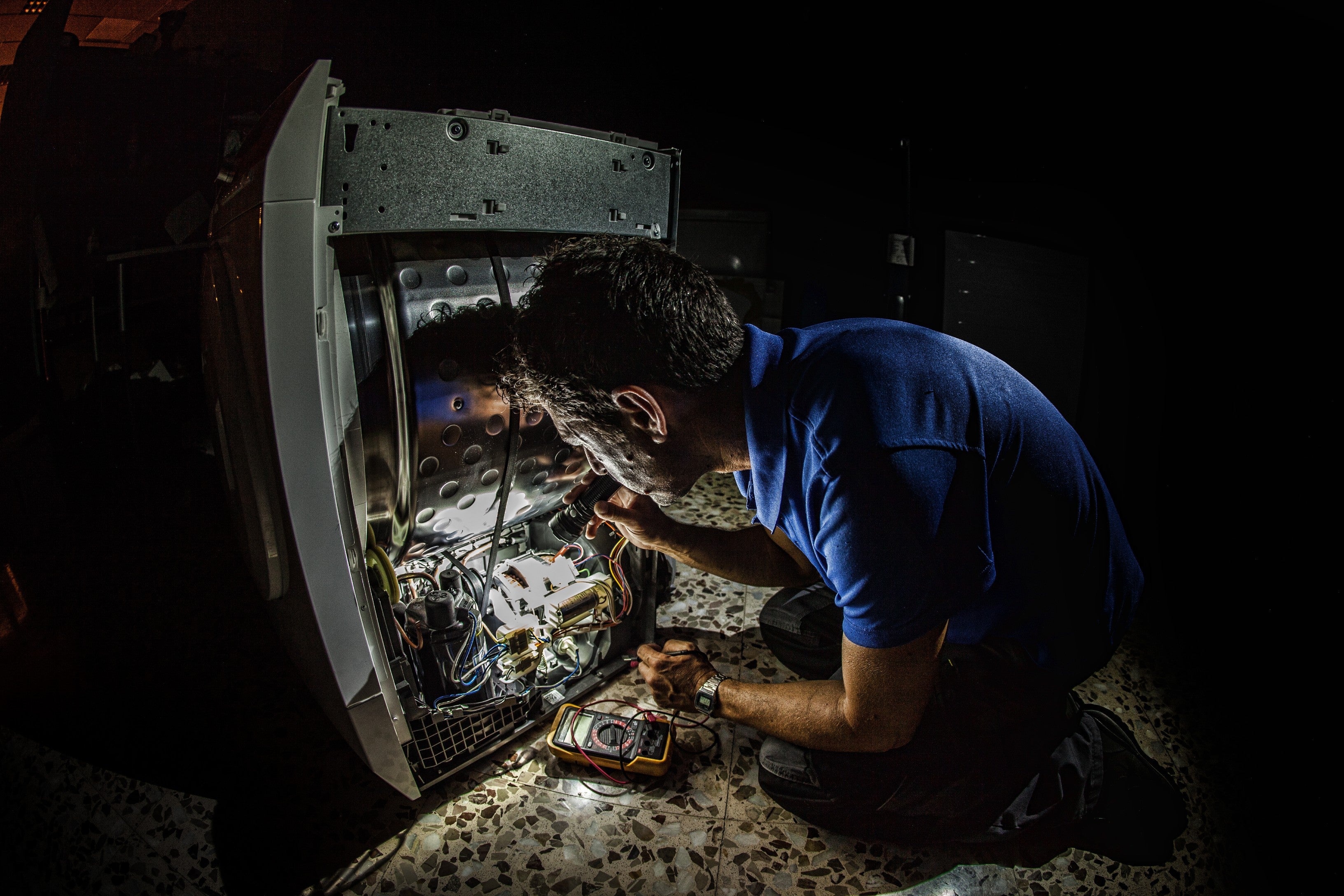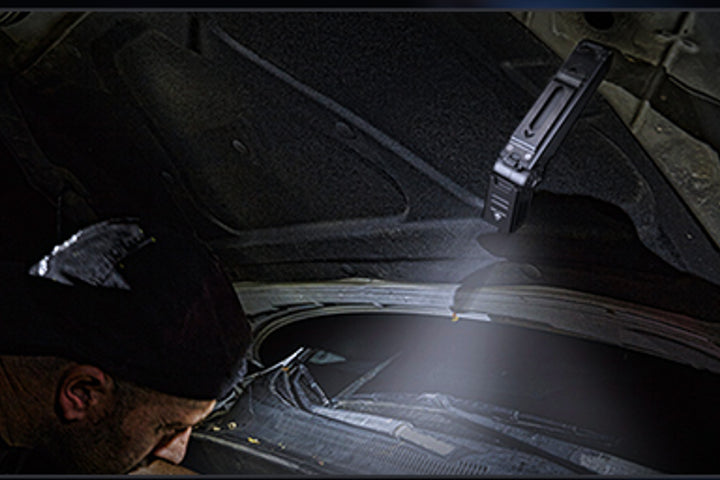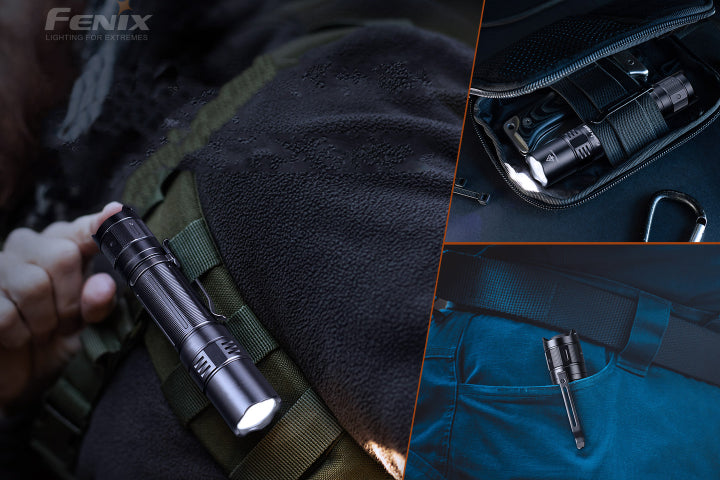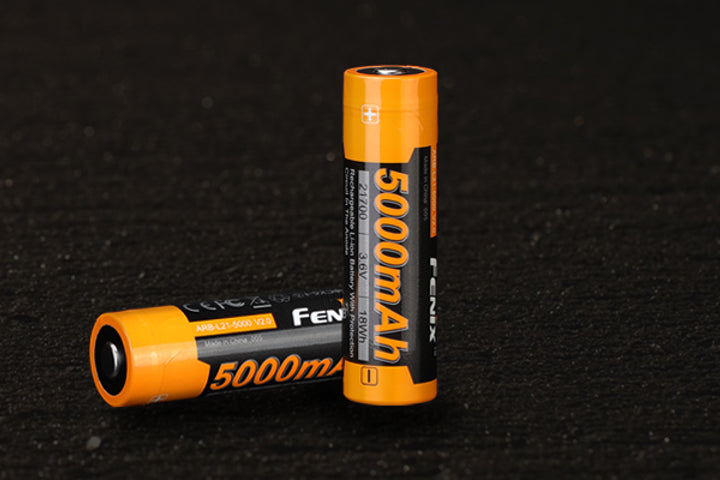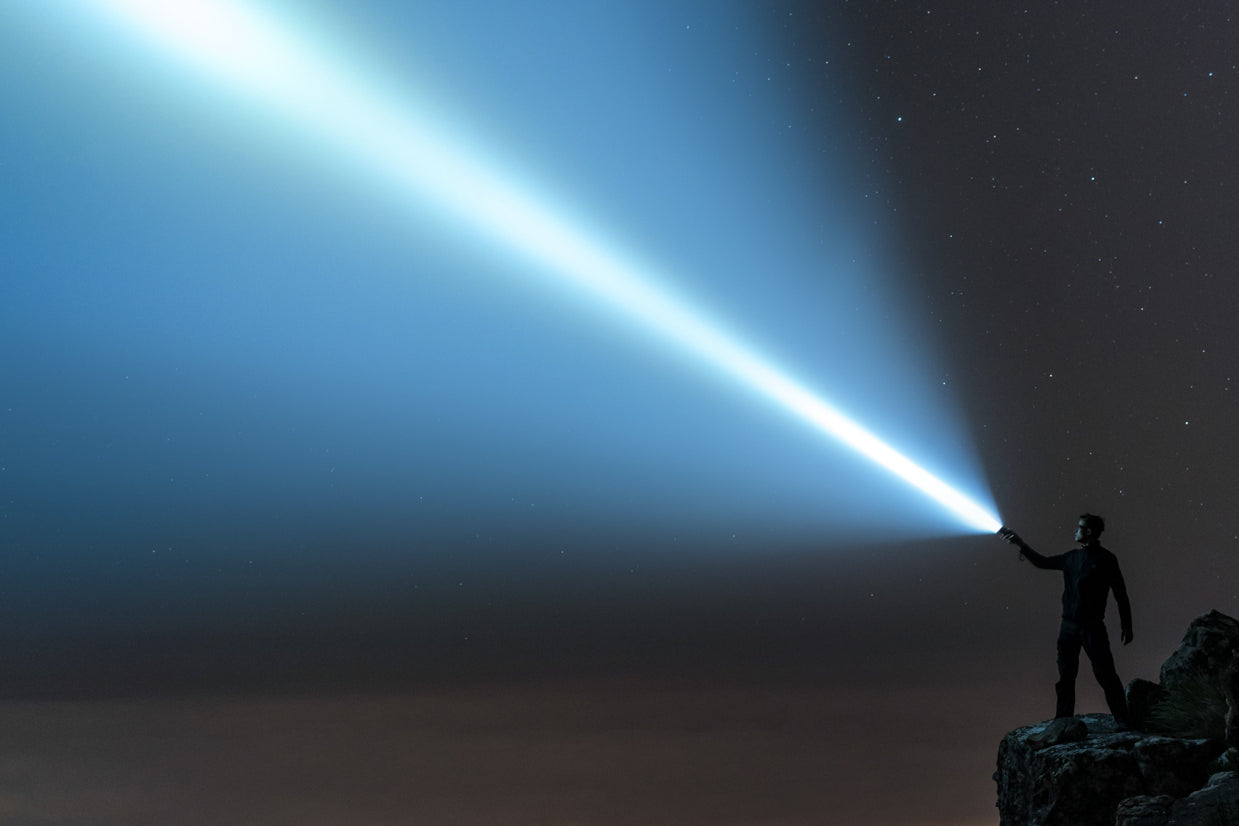The Nocturnal Guide to Night Hiking
Most people think that hiking at night is dangerous. Not only is it easier to accidently veer off your trail, but humans don’t have the same night vision abilities as nocturnal animals like raccoons or mountain lions.
Hiking at night isn’t for everyone, but it does offer a unique experience. While it can be a challenge, especially without experience or the right equipment, it’s also one of the best ways to enjoy the outdoors with a new perspective. In this article, we’ll discuss what makes night hiking unique and how you can stay safe during your after-dark adventure.
Quick Takeaways:
- Night hiking benefits include less crowds, stargazing, new wildlife, minimal heat and more
- Hiking at night requires high-performance headlamps and flashlights to ensure safety
- Letting your eyes adjust to the darkness will boost your night vision and so you can better enjoy your surroundings
- Be prepared with extra layers and batteries to ensure you’re comfortable and always have access to reliable light
Although hiking at night can present a set of unique challenges, you can enjoy its benefits with the proper gear and safety tips.
Why Go Hiking At Night?
Hiking at night is a completely different experience when compared to your typical day hike. Not only is it less likely you’ll run into other hikers, but you’ll also have the opportunity to enjoy stargazing and new kinds of wildlife.
But those aren’t the only benefits of hiking at night. There are many reasons to head to the trails after dark, like:
- Making the most of Fall and Winter. With Winter months come shorter days, and hiking at night fills the gap between sundown and bedtime.
- Beating the Summer heat. Starting your Summer hike just before sundown allows you to enjoy the greenery without the brutal heat (and sunburn).
- Becoming a better hiker. At night, you’ll have the opportunity to perfect your navigation skills and become more familiar with hiking through difficult or uneven terrain.
- Connecting with the environment. Without daylight, your vision will be reduced. This means your other senses will be heightened, which will better connect you with your surroundings.
Night hiking has the ability to turn your favorite hobby into an entirely new experience, as long as you take proper safety precautions.
Lighting For Night Hiking
When it comes to hiking at night, the right lighting is necessary to ensure your safety. Many people believe that bright lights are best for exploring at night, but really, harsh light will obstruct your vision.
While headlamps and flashlights are crucial for safety, it’s best to rely on natural moonlight as much as possible. It’s also important to:
- Let your eyes adapt to your surroundings. It can take as long as 45 minutes for your eyes to adjust to darkness.
- Do not look at any light sources. Looking directly at a light source will negatively affect your natural night vision.
- Utilize your peripheral vision. The rods in the periphery of the retina allow human eyes to see better at night by using their peripheral vision. Instead of looking directly at an object, use a blank gaze to see objects above, below and alongside your line of vision.

This way, your eyes can adjust to the darkness and boost your night vision so you can better enjoy the natural landscape.
Headlamps and Flashlights
When checking a map or finding something in your backpack, you’re going to need a reliable light source. To reserve your night vision, it’s important to use equipment that:
- Has a red light. A unit with both red-light and white-light settings is key to a successful night hike. Since human eyes are less sensitive to red-light’s longer wavelengths, your night vision will be less affected when you have to use it.
- Offers multiple brightness settings. Switching between brightness settings is very helpful when you need to see something, like map details or a trail marker. Multiple light settings will also allow you to maximize your battery life.
- Fits comfortably. When it comes to headlamps and flashlights, correct fit is crucial to effectiveness. Look for a secure, lightweight headlamp and a high-performance pocket flashlight to ensure you can use it as needed.

To learn more about the quality lighting gear for hiking at night, read our article about The 5 Best Hiking Flashlights for 2023.
Tips For Hiking At Night
There’s no question that hiking at night introduces more challenges than during the day. Here’s how you can ensure a safe, comfortable and exciting experience.
- Tell someone where you’re going and bring a friend. Whether it’s day or night, it’s important to let someone know your location in the event of an emergency.
- Bring batteries. No one ever expects their light source to run out of battery. Bring an extra set or a reliable means of charging your unit to ensure you have access to light.

- Bring a cell phone. Even though you can’t always count on cell service, a cell phone is extremely helpful in an unexpected circumstance.
- Pack layers. Hiking at night means lower temperatures, so it’s important to check the forecast, dress appropriately and bring extra layers in case it’s colder than expected.
- Be observant. It’s easy to wander in the wrong direction at night. Pay close attention to trail markers and turns.
- Take things slow. Dark terrain is challenging, even if you’re on a familiar trail. Take things slow and observe your surroundings to avoid tripping over hidden roots and rocks.
- Expect wildlife. Do your research about nocturnal animals in your area and pay attention to your surroundings. Look and listen for wildlife so you can respond if needed.
- Choose the right spot. Hiking on a familiar trail can be the key to a good experience. This way, you’ll minimize your map use and better enjoy your surroundings.
- Hike under the full moon. The light from a full moon makes seeing your surroundings much easier, and minimizes the use of your headlamp.
- Start your hike before sunset. Heading out to the trail before sundown allows you to gain a general understanding of the area before it gets dark.
- Know your gear. It’s not recommended to use new gear at night. Familiarize yourself with your equipment before hiking at night to make sure you can operate it when necessary.
Enjoy Night Hiking With Fenix
Hiking at night is a great way to experience one of your favorite activities in a new light. Be prepared with safety tips and reliable lighting equipment to ensure a safe and enjoyable experience.
At Fenix, we value high performance lighting and safety in both indoor and outdoor circumstances. To learn more about how you can make the most of your outdoor adventures, visit Fenix today!





